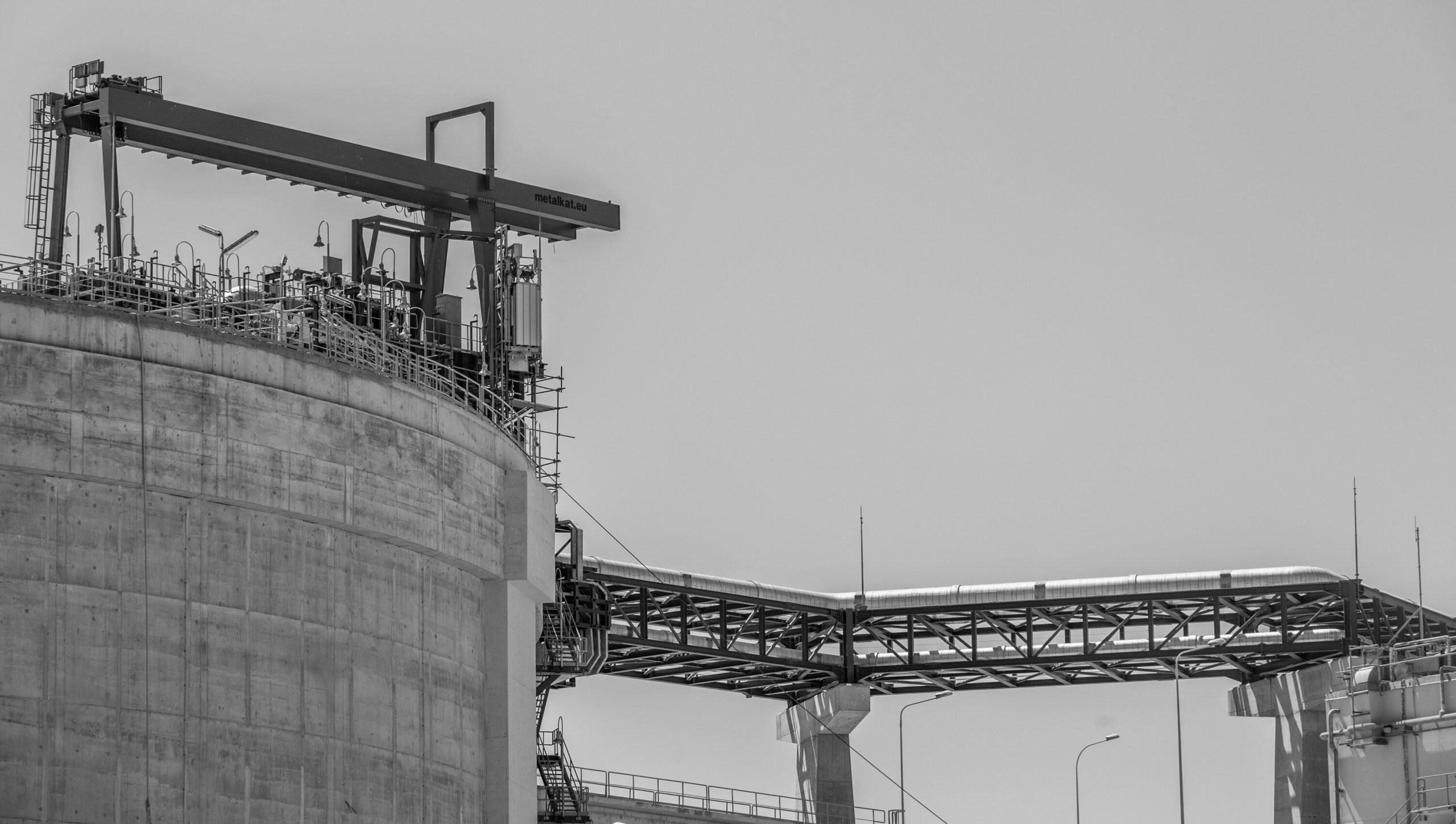Maria Rita Galli, the new CEO of DESFA, during her speech at the Athens Energy Dialogues conference, on February 17th, 2021, focused on the strategic and investment priorities of DESFA, the key role of natural gas infrastructure in the energy transition, the strengthening of the role of Greece as an energy hub, as well as on new technologies towards climate neutrality. Ms. Galli also emphasized the value of responsible – for the environment and society – corporate governance, as well as the importance of gender equality in a modern business.
During her intervention, Ms. Galli referred to the ten-year development plan of DESFA, which includes more than 54 projects, exceeding €500 million, and is currently pending the final approval of RAE, while highlighting the opening the Small Scale LNG market in Greece to provide access to natural gas for off-grid users and fostering the development of LNG bunkering services in the area, through the completion of the Truck loading station and the second jetty in the island of Revithoussa. In addition, she referred to the two priority projects for DESFA that will contribute to the national strategy to phase-out lignite, the Western Macedonia and Western Greece pipelines. Ms. Galli mentioned the investments (Nea Mesimvria, Ambelia and Kipoi Compression Stations) that will enhance system flexibility, ensure diversification of energy sources and increase security of supply (such as the interconnection with TAP and the FSRU of Alexandroupolis). Regarding non-regulated services, Ms. Galli stressed the participation of DESFA in the FSRU of Alexandroupolis and in the project of operation and maintenance services to the LNGI of KIPIC in Kuwait.
As Ms. Galli noted, the completion and strengthening of the Greek gas system is a fundamental enabler of the future transition to cleaner energy sources. Within this context, the role of natural gas infrastructure in the integration of RES in the energy mix will be particularly important, as well as in paving the way for the transport and use of renewable gases, such as hydrogen and biomethane. In this framework, it is paramount to ensure that the existing infrastructure is suitable in the future to transport hydrogen. DESFA plans to play an active role in the field of renewable gases and is already contributing to the working group for the Development of a National Hydrogen Strategy, established by the Greek Government, leveraging on the significant know-how of the company’s international shareholders in the sector, she added.
Energy storage is a critical element for strengthening the regional energy role and energy security of the country, as well as of the wider region to be able to accommodate the energy demand of industrial and residential users and balance the system. Strengthening the national gas network with the addition of a storage facility paves the way for the future integration of renewable gases.
Speaking about the value of responsibility in corporate governance, Ms. Galli stressed the importance of incorporating ESG principles in DESFA’s development strategy. Finally, the CEO of DESFA, which is very active in matters of diversity and inclusion, highlighted the power that diversity generates in every organization. As she noted: “Encouraging young women to pursue fields such as science, technology, engineering and math (STEM) is important in order to break some biases and promote their participation in traditionally male-dominated fields such as energy. Being an engineer myself, I only hope to be able to represent a role model for young women, who wish to pursue a career in engineering and energy and as a company to be able to contribute proactively in promoting the role of young engineers and scientists in our organization”.







